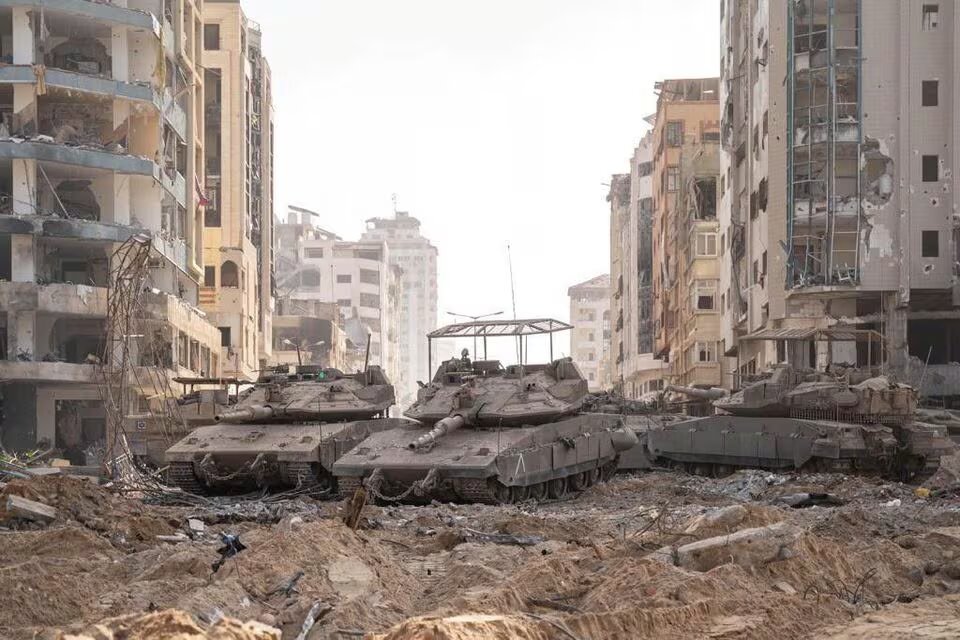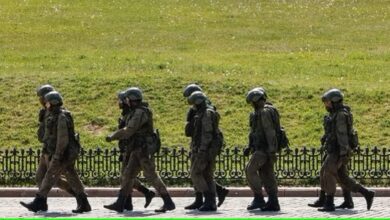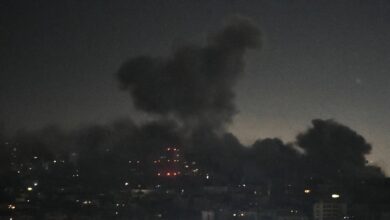Gaza War Leaves Catastrophic Impact On Infrastructure And Economy

- The phones in Gaza stopped working on November 16 because the fuel used to power generators ran out.
- The economy and society of Gaza were already in bad shape before the war. In 2020, 61% of people there were expected to be living in poverty.
Israel’s land, sea, and air attack on the Gaza Strip, which began with Hamas’s attack across the border on October 7, has caused more damage and chaos than has ever been seen in the region.
Here are the most recent estimates from foreign groups of the conflict’s effects on society and the economy.
Housing
The UN Office for the Coordination of Humanitarian Affairs (OCHA) said that Israeli attacks had destroyed or injured more than 41,000 homes. They got this information from the Palestinian Public Works and Housing Department. The study said that at least 45% of Gaza’s homes had been damaged or destroyed.
It was not possible for someone else to check the numbers, but Reuters sources in Gaza say the damage is very bad. On November 12, an Israeli reporter informed that “barely a single inhabitable building remains standing” in the Gazan town of Beit Hanoun, which was visited by the Israeli military. Before the war, there were more than 52,000 people living there.
Hospitals and schools
In a report released on November 15, OCHA said that more than 51% of all educational buildings in Gaza had been damaged. This meant that none of the 625,000 students who live there could go to school.
In Gaza, the Ministry of Health said that as of November 16, only nine of the 35 hospitals were partly working. The rest have stopped offering public medical care.
OCHA said that 55 ambulances in Gaza had been destroyed, and drugs and blood products were in very short supply.
Water and sanitation
The U.N. agency for Palestinian refugees (UNRWA) said on November 16 that 70% of people in southern Gaza could not get clean water because they did not have any fuel.
UNRWA said that the saltwater desalination plant in Khan Younis, which is in the south, was only working at 5% of its full potential. However, the two water pipelines from Israel were still open. Both the water purification plant and the Israeli pipeline are not working in the northern part of the settlement.
As of this morning, OCHA said that most of Gaza’s 65 sewage tanks were not working. In some places, raw sewage is now flowing through the streets.
Food security
In the north of Gaza, OCHA said, there have been no bakeries open since November 7 because of a lack of power, water, wheat flour, and buildings that aren’t safe. The last mill in Gaza that was still running was destroyed on November 15.
OCHA said, “The situation is terrible.”
Humanitarian aid
Before the war, about 500 cars carrying food and other goods came into Gaza every day. After October 7, all shipments stopped, and they didn’t start up again until October 21. As of November 14, a total of 1,139 trucks bringing aid had crossed into Gaza since then.
Telecoms
The phones in Gaza stopped working on November 16 because the fuel used to power generators ran out. OCHA said that on November 14, several communication systems in south Gaza were hit and destroyed. OCHA said that blackouts made it harder to give civilians life-saving help. As of November 17, UNRWA said it couldn’t manage or organize humanitarian aid convoys because of the communication cutoff.
Economic Impact
The UN Development Program (UNDP) and the Economic and Social Commission for Western Asia (ESCWA) said in a study released on November 5 that since the war began, about 390,000 jobs have been lost.
The economy and society of Gaza were already in bad shape before the war. In 2020, 61% of people there were expected to be living in poverty. Based on an early guess, the U.N. agencies said that poverty would rise by 20% to 45%, based on how long the war lasts. In addition, they said that the war would cost Gaza between 4% and 12% of its GDP in 2023.





Facebook Comments